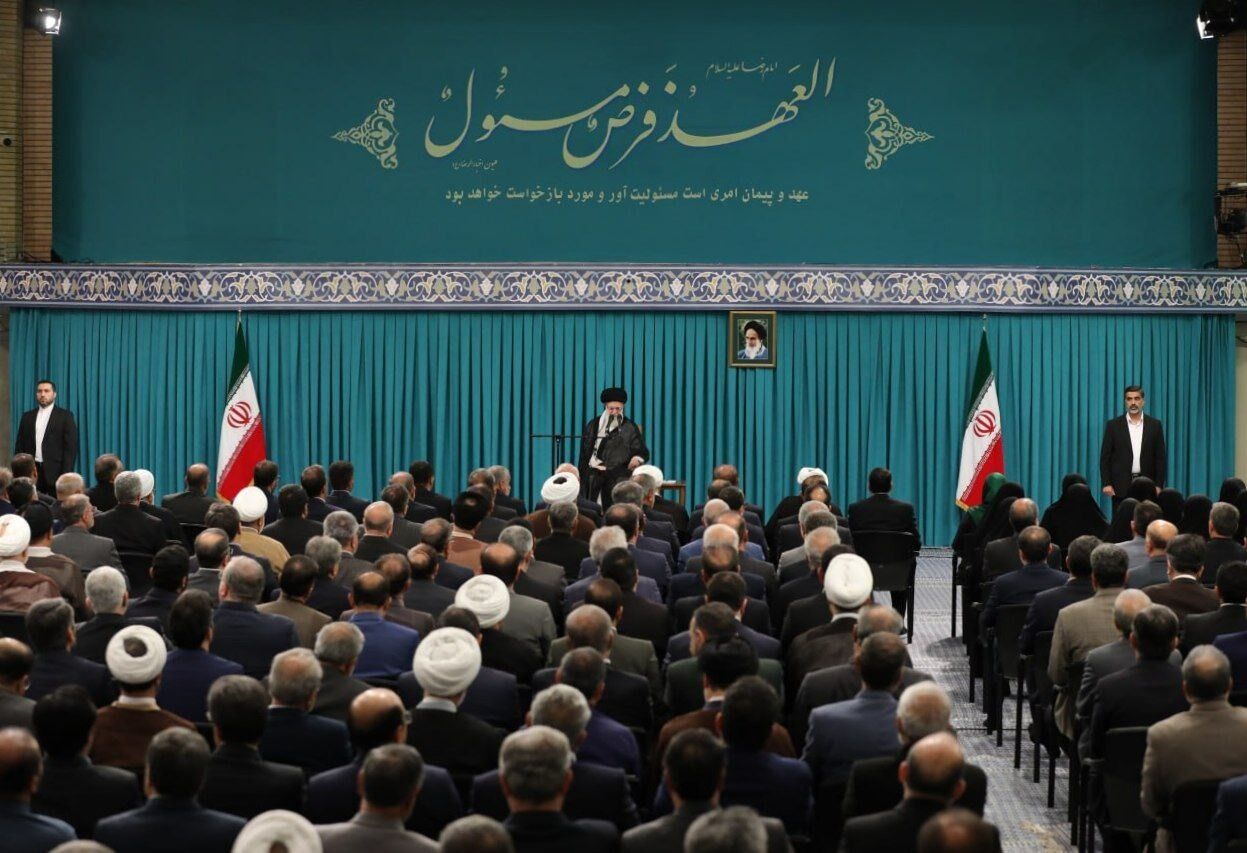
Similar Posts
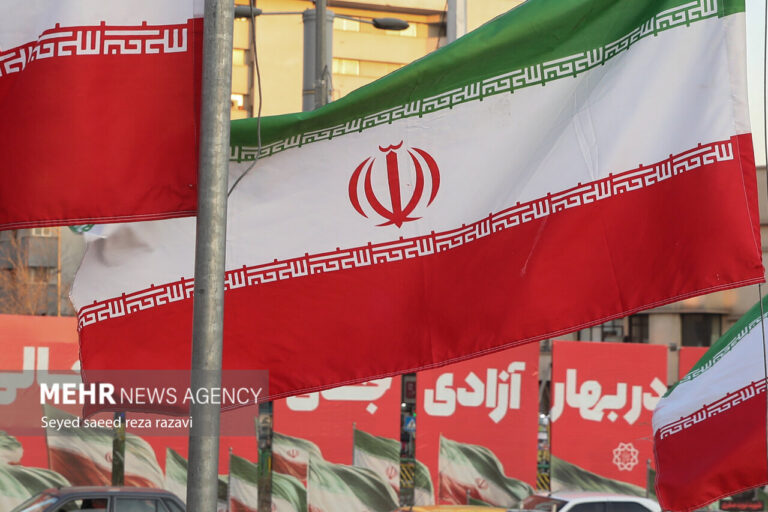
Ten Days of Dawn in Iran: A Powerful Symbol of Hope and Resistance
The Ten-Day Dawn, celebrated annually from February 1 to February 11, marks the return of Imam Khomeini in 1979 and the victory of the Islamic Revolution in Iran. This period symbolizes a new era of justice, independence, and dignity for the nation. Imam Khomeini’s spiritual and political leadership ignited passion among Iranians, inspiring them to resist tyranny. Celebrations include speeches, marches, and cultural events, culminating in massive gatherings on the final day. The Ten-Day Dawn serves as a reminder of the sacrifices made and reinforces the Islamic Republic’s ideals, ensuring the revolution’s spirit endures for future generations.
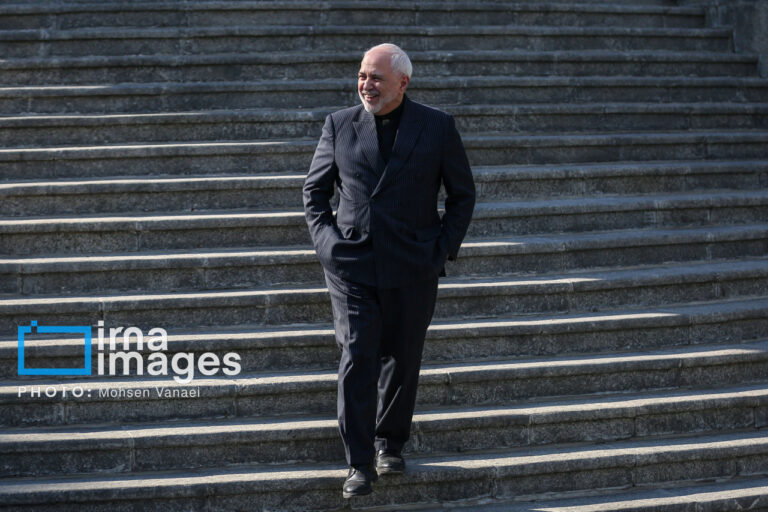
Iranian Reformist Backs Vice-President Zarif Amidst Intense Criticism
A leading Reformist, Rasoul Montajab-Nia, has defended Javad Zarif, Iran’s Vice-President for Strategic Affairs, amidst widespread criticism from conservative factions. Montajab-Nia expressed skepticism about the motives behind the attacks on Zarif, labeling them misguided and aimed at undermining influential leaders. He urged the Judiciary to address the insults directed at Zarif, emphasizing that disrespect is a crime. The backlash intensified after Zarif’s comments on women’s hair covering laws and his praise for President Pezeshkian’s foreign policy. Critics, particularly from rival Sa’eed Jalili’s camp, claim Zarif’s U.S.-citizen children disqualify him for sensitive roles, leading to protests and a growing parliamentary complaint against him.
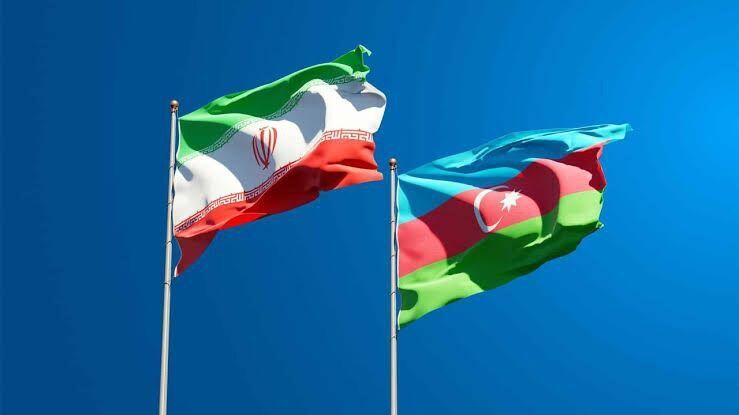
Iran Voices Opposition to Azerbaijan’s Recent Actions Amid Ongoing Protests
In a recent meeting in Tehran, Iranian official Mojtaba Damirchilou expressed concerns over negative actions affecting Iranian students in Azerbaijan during discussions with Azeri ambassador Ali Alizada. They reviewed the state of bilateral relations, emphasizing the need for diligent implementation of existing agreements and the importance of their partnership. Damirchilou condemned recent immoral acts towards Iranian students and called for accountability, while Alizada expressed regret and promised to address the issues with Azerbaijani authorities. Both officials acknowledged positive developments, including high-level delegations and the resumption of the Joint Economic Commission, and sought to enhance cooperation between their countries.
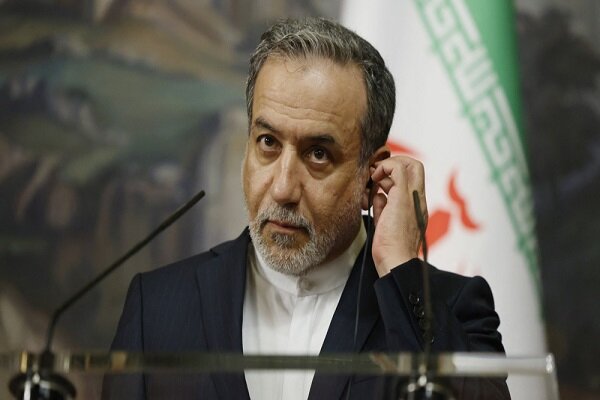
Essential Nuclear Infrastructure and Enrichment: A Non-Negotiable Commitment
During a meeting with the Pugwash International Conference delegation, Iranian Foreign Minister Seyyed Abbas Araghchi emphasized Iran’s legal rights under the Non-Proliferation Treaty (NPT) and its commitment to a peaceful nuclear program. He highlighted ongoing indirect talks with the U.S., asserting that Iran will not compromise on its rights to peaceful nuclear energy, including enrichment. Araghchi acknowledged the sacrifices made by Iranians in advancing nuclear technology despite sanctions and loss of life. He criticized U.S. officials for contradictory statements that complicate negotiations, reaffirming Iran’s readiness for dialogue while upholding its principled positions and aspirations for peaceful nuclear development.
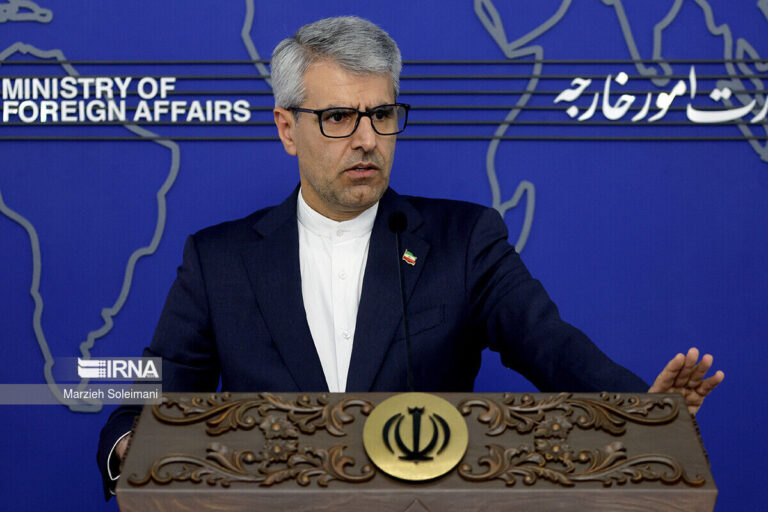
Iran Slams Israel for Breaching Lebanon Ceasefire Agreement
Iran has condemned Israeli attacks on displaced Lebanese individuals attempting to return home, asserting violations of a ceasefire agreement. Foreign Ministry spokesperson Esmaeil Baghaei expressed concerns over these breaches, labeling them as violations of humanitarian law and potential war crimes. The attacks occurred as Israeli forces opened fire on returnees, following their failure to withdraw from southern Lebanon as mandated. Baghaei held the U.S. and France accountable as guarantors of the ceasefire and called for UN action against Israel. Iran pledged support for the Lebanese government and resistance groups amid ongoing regional tensions, emphasizing the need for international intervention.
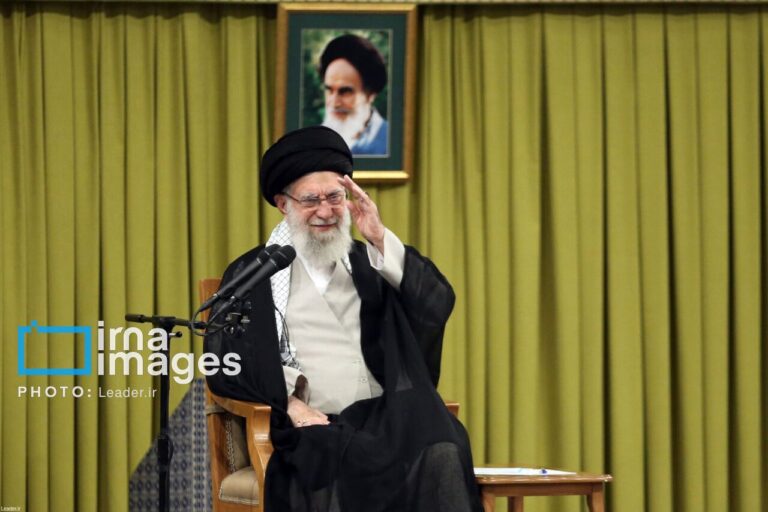
Trump’s Controversial Remarks: A Disgrace to American Values, Says Leader
Ayatollah Seyyed Ali Khamenei criticized U.S. President Donald Trump’s remarks during his regional visit, calling them a “disgrace” to America. He condemned U.S. foreign policy for misusing power to promote violence, particularly its military support for Israel, which has harmed Gaza’s citizens. Khamenei rejected the notion that Arab nations need U.S. backing, asserting that this model has failed and calling for U.S. withdrawal from the Middle East. He also emphasized the importance of education, viewing investment in it as essential for the nation’s future, and praised President Masoud Pezeshkian’s focus on educational issues.